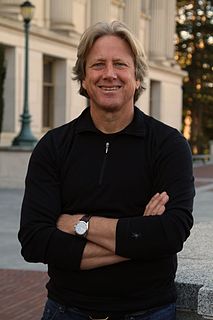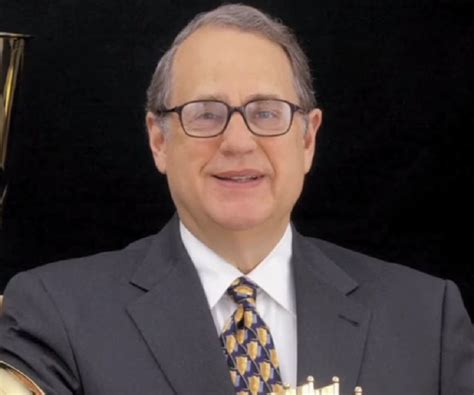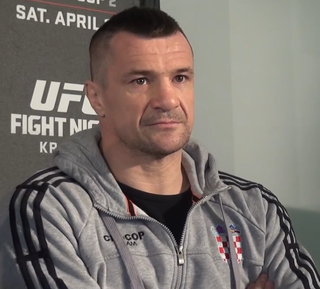A Quote by Killer Mike
I would just encourage everybody to just talk your opinion more, allow other people and fight for other people to [express theirs].
Related Quotes
You've got to bring the emotion, and you have to understand that you can't touch other people if you're not touched. You can't move other people if you're not moved. So if you're just giving some frickin talk you've memorized over and over again, you're going to have a flat affect. If you've just got a bunch of visuals on the screen that are leading your talk, hang up your shoes and get the hell out of there.
For some people, it's very easy to be spontaneous and they can pour out the most wonderful stuff. But it's really hard to exert control over it, to think, 'Well, this could be different. This could go in the opposite order, there could be more here and less there.' For other people, it's much easier to have rules and a methodology, but much harder to let loose and allow their feelings to come pouring out on the page. They're more shy or they're just more distant from their emotions. I think everybody starts with one or the other.
This is not just a simple story of "money can't buy happiness." Or maybe that's just what it is. And if it is, why shouldn't it be? Because if this is something we are already supposed to know, then why don't we know it? Why do we chase and scrabble and fight for things to flaunt, why? Why do we reach for power over other people, and through the thin superiority of our possessions, believe we have it? Why do we let money make people bigger, and allow those without it to be made smaller? How did we lose the truth in the frantic, tribal drumbeat of more, more, more?
I think the Democratic Party is firmly in the wilderness right now and doesn't know exactly what to do. We talk about trust. Fundamentally, the American people have lost a lot of trust in both parties, but in particular, my party. Growing trust is a very simple calculation: People want to know what your values are, and they watch your behaviors. If your behaviors align with your values, then they trust you. If you say I'm for the people, but we're just as bought off as the other party, or we say we're for fairness, but we gerrymander just like the other side, people see.
I just put people together. I just identified jobs that have to be filled. And then I have to go out and find the right people and make sure they talk to each other. So I'm the beneficiary of good things that other people do. I get credit for that. If they don't do a good job, I get the blame for it.
Conversations about films are always funny. I would say a majority of people want to talk about what were the more obvious successes; the big box office films. Other people wanting to be more sensitive to you want to talk about the ones that maybe didn't make a lot of money, but they think you might have a special feeling about. And then other people sometimes want to help you by suggesting that you should have done this or that in the movie, that that would have helped you a great deal in whatever capacity.
There was an op-ed piece in The New York Times by an evolutionary biologist or somebody - which was a curious place for the opinion to come from - and he said that there's no such thing as a completely free, uncensored medium, that people censor themselves all the time, in deference to hurting other people's feelings, or offending other groups, or in their own, not to provoke a fight. And you do self-censor certain things, and it's not necessarily a bad thing. That's just the way human social interaction works.




































